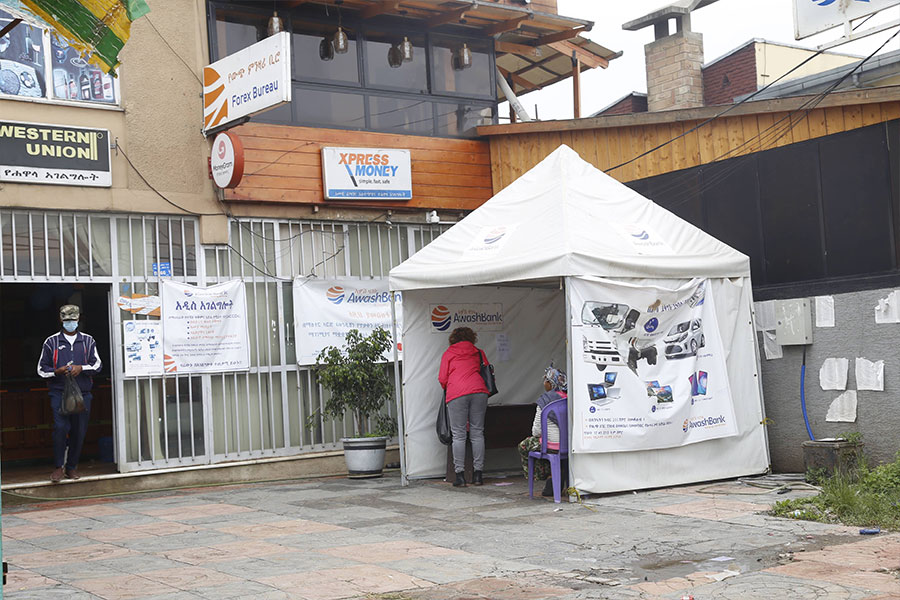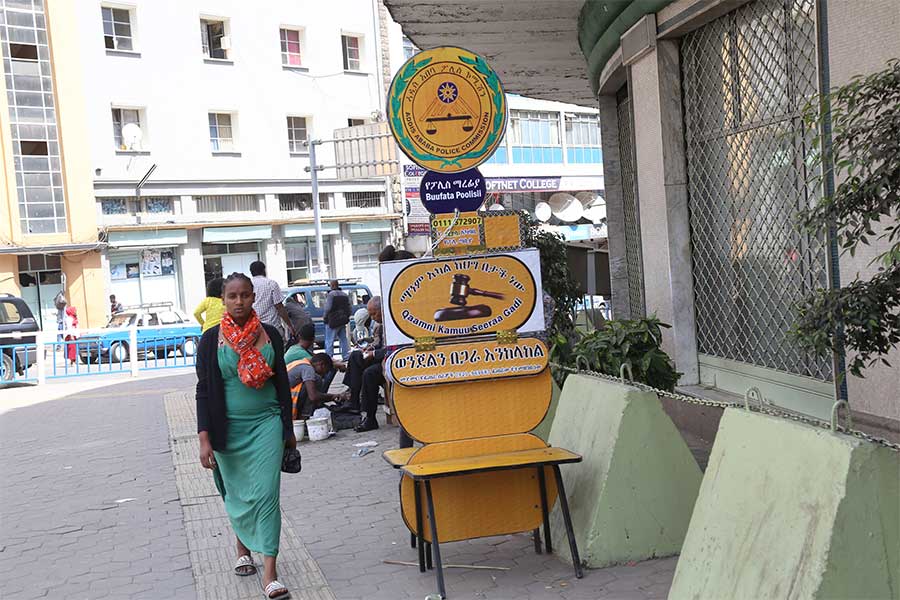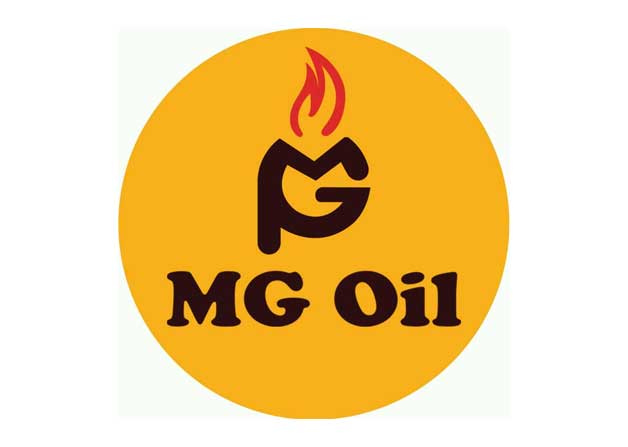
Agenda | Jul 18,2021
Jan 1 , 2022
By HAWI DADHI
Efforts to enrol in an Economic Partnership Agreement (EPA), a multilateral trade link with the European Union (EU) negotiated with African, Caribbean and Pacific countries, await government decisions. But trade negotiators and the private sector remain concerned about opening up Ethiopia's market to Europe too soon.
Led by Mamo Mehiretu, chief trade negotiator and policy advisor to the Prime Minister, Ethiopia will have to offer tariff reductions applicable over a defined period as part of an agreement.
The agreement entails a reciprocal but asymmetrical tariff reduction where the EU provides full duty- and quota-free market access to signatories that commit to open at least 75pc of their markets to Europe. Three blocks have finalised negotiations and offered tariff reductions ahead of the rest of the groups.
The Economic Community of West African States (ECOWAS) offered 75pc applicable over 20 years, while the Southern African Development Community (SADC) has agreed to an 80pc reduction applicable over the same period. The East African Community, comprising five countries including Kenya and Tanzania, has offered an 82.6pc tariff reduction to be implemented over 25 years.
Kenya is the only country that has ratified the agreement from the East African Community.
Negotiations for EPA were initiated in 2002, encompassing Caribbean and African countries divided into six blocks. Ethiopia is included in the Eastern & Southern Africa group with 10 countries such as Sudan, Mozambique, Mauritius, Zimbabwe and Zambia. Among the East & Southern Africa group countries, seven had already signed interim agreements in 2007. Four countries (Madagascar, Mauritius, Seychelles and Zimbabwe) have signed the final agreement, and Comoros began implementation in 2019.
This has businesses and the government concerned as other African countries are finalising negotiations ahead of Ethiopia. Fear abounds Ethiopia's market share will be overtaken by other countries that produce similar products. As the EPA agreement offers a more lucrative market to EU member countries, they would prefer to trade with these countries.
Ethiopia is a beneficiary of the Everything But Arms (EBA) preferential trade regime the EU offered to over 40 least developed countries (LDCs). Under this regime, the EU allows duty- and quota-free access to European markets for products other than guns. Ethiopia's exports to the EU member countries are traded through the EBA.
Some sectors, such as floriculture, benefit from EBA. However, according to Mussie Mindaye, director of multilateral, regional & bilateral trade negotiations at the Ministry of Trade & Regional Integration, it is underutilised. A strict restriction on rules of origin that require exported products to meet a certain degree of value addition, supply-side constraints and stringent quality standards are behind the underutilisation of these agreements.
"We always request they continue giving us access to EBA until we graduate from LDC status," said Mussie.
The tariff loss the country would have to incur is another concern officials have.
A study published by the UNDP eight years ago identified that an 80pc price reduction implemented under the EPA would result in revenue losses of 144.5 million dollars a year. Although old, the study indicated that revenue losses from import duties could be compensated by increased exports from the widened trade access and raising domestic taxes and VAT on imported luxury goods.
The study recommended for Ethiopia to conclude the EPA.
The government had requested the EU for adjustment support to make up for the tariff loss, though no agreement was ever reached.
The lack of sectoral analysis has made free trade negotiations difficult. To determine which sectors the economy are bound to be affected or benefited to flourish remains a question to be answered.
However, members of the agricultural sector fear they would be among the most disadvantaged by the prospective trade deal. As the EU heavily subsides its agriculture, it would be difficult to remain competitive, according to Tewodros Zewdie, the Ethiopian Horticultural Association executive director.
"If we open up, our industry will be made vulnerable," he said.
Flowers are the country's third-most exported commodity in value, following coffee and gold. Last year, over half a billion dollars was made from the exports of flowers, more than 10pc of total proceeds from exports.
However, not opening up could also potentially harm the floriculture industry, hence the dilemma. Neighbouring Kenya, one of the largest producers of flowers globally, will likely take up a greater market share upon completing negotiations.
Ethiopia is a signatory to about 18 bilateral and multilateral trade blocs. One of the operational trade areas representing about 17pc of export is the Common Market for Eastern & Southern Africa (COMESA). The prominent commodity the country trades in this block is khat.
The sustainability of preferential trade regimes is a source of worry for the authorities. It can be taken away, as Ethiopia's delisting from the African Growth Opportunity Act (AGOA) last week demonstrated. The Biden Administration delisted Ethiopia along with Guinea and Mali, citing the country is no longer eligible due to "gross violations of internationally recognised human rights." The preferential trade opportunity had presented a sizable market for the textile industry, which exports hundreds of million dollars worth of goods to the US every year.
"Like AGOA, the EBA can be taken away at any time," said Mussie.
He sees this as a reason why the country needs to focus on developing sustainable markets. Mussie observes that the country's bargaining power negotiating EPA may be eroded as it loses other trade privileges such as AGOA.
Efforts to kick off the African Continental Free Trade Area (AfCFTA) are also underway. As one of the 44 signatories under the African Union, Ethiopia's parliament ratified the agreement in 2019.
Officials have finalised the tariff schedule and await approval from the macroeconomic committee under the Office of the Prime Minister. Of the 6,328 products and services on the list, 90pc will receive tariff reduction within 10 years, seven percent over 13 years, while three percent will not be up for tariff reduction.
PUBLISHED ON
Jan 01,2022 [ VOL
22 , NO
1131]

Agenda | Jul 18,2021

Fortune News | May 21,2022

Radar | Oct 18,2025

Radar | Jun 21,2021

Fortune News | Nov 20,2021

Advertorials | Aug 02,2025

Radar | Feb 29,2020

Radar | Aug 01,2020

Radar | Jul 11,2021

Fortune News | Jan 23,2021

Dec 22 , 2024 . By TIZITA SHEWAFERAW
Charged with transforming colossal state-owned enterprises into modern and competitiv...

Aug 18 , 2024 . By AKSAH ITALO
Although predictable Yonas Zerihun's job in the ride-hailing service is not immune to...

Jul 28 , 2024 . By TIZITA SHEWAFERAW
Unhabitual, perhaps too many, Samuel Gebreyohannes, 38, used to occasionally enjoy a couple of beers at breakfast. However, he recently swit...

Jul 13 , 2024 . By AKSAH ITALO
Investors who rely on tractors, trucks, and field vehicles for commuting, transporting commodities, and f...

Nov 1 , 2025
The National Bank of Ethiopia (NBE) issued a statement two weeks ago that appeared to...

Oct 25 , 2025
The regulatory machinery is on overdrive. In only two years, no fewer than 35 new pro...

Oct 18 , 2025
The political establishment, notably the ruling party and its top brass, has become p...

Oct 11 , 2025
Ladislas Farago, a roving Associated Press (AP) correspondent, arrived in Ethiopia in...